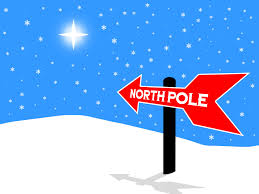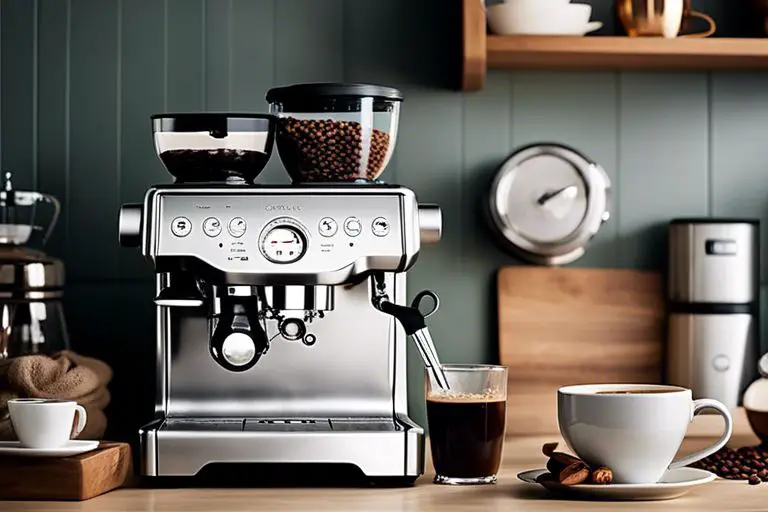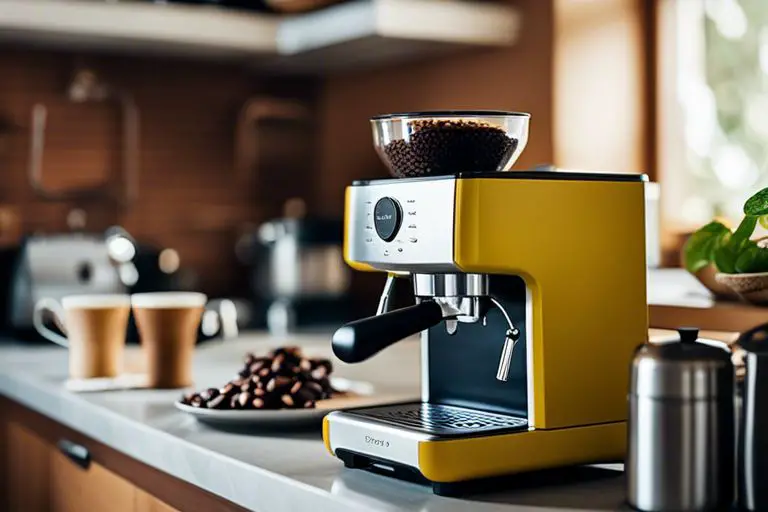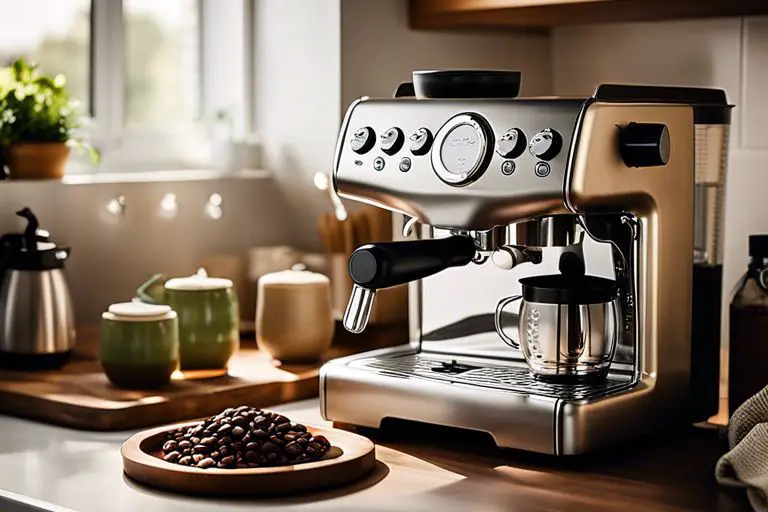Freezing coffee beans keeps them fresher for longer as long as you remove as much of the air from the bag as you can before you put them in the freezer. Eliminating moisture before exposing them to sub-zero temperatures will preserve the freshness.
Coffee freezes well as long as you do it properly. If you open a bag of coffee beans and then realise you won’t get through it all and just stick it in the freezer in the same bag and dig it out in a few months time you will be disappointed.
If you want to keep food edible beyond the normal time frame that is specified on the packaging then you freeze it. Keeping food below zero inactivates the microbes and bacteria that would normally be present at regular fridge or room temperatures.
Pretty much all food products can be frozen and then consumed at a later date but some products lend themselves to freezing better than others.
You should freeze your coffee beans as soon as you know you are not going to use them all within a reasonable timeframe.
Frozen food that gets defrosted tastes better if it was frozen when fresh and not left to get close to the use-by date.
If you buy a load of chicken breasts and you freeze half of them the day you buy them and the other half a few days before the use-by date then they will both be fine if you defrost a month later but the ones that were frozen at their freshest will taste better.
It’s exactly the same with coffee and you get the added benefit with coffee of knowing when the beans were roasted.
Coffee beans are a bit different to a lot of food types because a lot of the time you will know if something has gone off because it’s visibly obvious.
If you keep bread a bit too long it starts to go mouldy or vegetables go a bit soft and manky.
If you keep coffee beans for 3 months they will look the same but they will have started to go stale and definitely won’t taste the same.
Freezing slows down the process of oxidisation in coffee and reduces exposure to oxygen.
Oxygen will eventually negatively impact all food types but some quicker than others. The easiest way to visualise this is to cut an apple in half and leave it for an hour.
Even in that short a time period the apple will start to go brown. That’s oxidisation. Coffee beans are the same but it takes much longer.
Coffee will go stale first and will lose the aromatic compounds that make up the flavour you taste when you drink it.
Any half-decent coffee roaster will not only put the best before date on the packet of beans but also the roasting date because in order to get the maximum flavour out of your beans you should use them as close as possible to the date they were roasted.
If you don’t know the roasting date then they could have been roasted 6 months ago or longer and that will negate any benefit you would get from freezing your coffee beans.
Coffee beans are at their best for about a month after they are roasted and you can certainly take another 3-4 weeks after that to use them after you have opened the bag. If you think that you won’t use them all within a month of opening the bag then consider freezing a portion.
Before you go down the road of freezing your coffee beans you may be able to avoid it altogether by storing your beans properly in the first place.
This article explains the best way to do that:
To summarise, oxygen is bad for coffee. Once you open the bag and expose it to CO2 then over time it will deteriorate. You can slow that process down by keeping it in an airtight container.
Light also doesn’t help so once you have decanted the coffee beans into an airtight container then store them in a cool dark place because heat also speeds up the deterioration of the beans.
If you store your beans in this way then you should be good for a month or more and if you are buying your beans in 1kg bags then even if you only drink a couple of cups of coffee a day you probably don’t need to bother freezing the beans at all.
But maybe you bought a couple of 1kg bags in one go or you used half a bag and then you fancied a change and you don’t want to waste the ones you have.
Or perhaps you are going on holiday and you have some beans that you want to keep fresh while you are away or many other different reasons for wanting to keep your beans fresh.
If you want to come back to your beans in a couple of months’ time and you be able to retain the freshness then this how best to do it.
How to properly freeze coffee beans
You do not want your coffee to be exposed to any moisture whilst it is in the freezer and in somewhere as cold and dry as a freezer there is plenty of moisture in the form of ice crystals and you need to protect your coffee from those.
The easiest thing to do is to take your bag of coffee that the coffee beans came in and put that straight into the freezer and take out what you need each day. DO NOT do that.
If you do, you’ll get ice crystals on the beans and they will decay despite being frozen.
Buying coffee by the kilo is a good thing because you will often get much better value for money buying it that way compared to buying it in the most common size which is 250g.
All you need to do is work out roughly how much you drink on a weekly basis and then package the amount you have into weekly amounts.
I drink about 500g of coffee a week but that’s more than average and I’d say a lot of people would drink around 250g.
So if you buy a 1kg bag of coffee, in order to keep maximum freshness and maximum flavour, keep out 250g and package up 3 lots of 250g separately so you can take them out one at a time and not risk any moisture getting into them.
If you are interested here some really good value for money coffee beans that are available in 1kg bags:
How to choose and buy coffee beans
The reason you package the coffee beans up in blocks that you want to use them is that you want to minimise as much as possible introducing them to the air and then putting them back in the freezer because you will get ice on them which is bad.
You can use a jar if you want but it’s not very space-efficient and if your freezer is anything like mine it’s pretty full most of the time and so I use freezer bags. It’s that simple.
Put the coffee beans in the freezer bags and squeeze out as much air as you can and then put it in the freezer.
Personally, I tend to have around 5 different types of coffee beans going on at any one time because I like to taste different coffee all the time but I don’t want any of it to go stale so I write the coffee type and date on the bag so I know what it is and when I put it into the deep freeze.
If you happen to have a machine that vacuum packs then that’s the best possible way to remove all the air but it’s not required.
Just squeeze out as much as you can and keep the beans in blocks that you will use when you take them out of the freezer and avoid removing the beans from the freezer and putting them back in.
How do you defrost coffee beans?
Once you take the beans out of the freezer allow them to return to room temperature before grinding or brewing.
Coffee beans are not like a piece of meat that needs to be defrosted for many hours. One to two hours and you will be good to go.
How long do coffee beans last in the freezer?
Because you will probably be freezing your beans at -20 they will still go stale over time but a lot slower than if you just stored them at room temperature.
If you use the method described above you will be able to retain most of the freshness that you had when you put them in for a good 6 months and they will still be very drinkable after 12 months in the freezer.
James Hoffman, coffee expert and World Barista Champion agrees that there are times when freezing your coffee beans can be a good idea as long as you do it correctly.
Here is his take on it:




